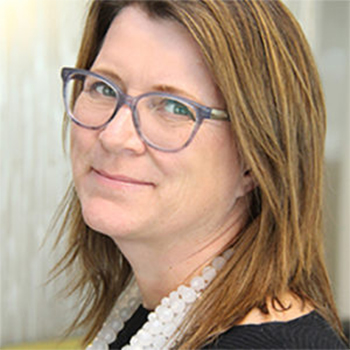The workshop was co-organized by Natalie Coulter, assistant professor in the Faculty of Liberal Arts & Professional Studies, and the director of IRDL, and Alex Borkowski, PhD candidate in Communication & Culture. The workshop sought to increase awareness of the potential risks of online harassment and share resources for support should such issues arise.
The workshop was organized in response to the increasingly fraught dynamics of doing research in a world where social media has enabled certain groups and individuals to conduct coordinated harassment campaigns targeting researchers whose work may engage sensitive topics or rely on critically oriented traditions of theory and commentary. Wide-ranging negative harms can flow from research activities, publications and public engagement that address topics that free speech absolutists, white supremacists and other groups perceive as threatening. These topics include analysis and discussion of race and racism, sexuality, gender, equality rights, sexual harassment, anti-racism and decoloniality, 2SLGBTQIA+ issues, ableism, science and climate change, all of which attract networked forms of abuse.

The workshop was organized in response to the increasingly fraught dynamics of doing research in a world where social media has enabled certain groups and individuals to conduct coordinated harassment campaigns targeting researchers whose work may engage sensitive topics or rely on critically oriented traditions of theory and commentary. Wide-ranging negative harms can flow from research activities, publications and public engagement that address topics that free speech absolutists, white supremacists and other groups perceive as threatening. These topics include analysis and discussion of race and racism, sexuality, gender, equality rights, sexual harassment, anti-racism and decoloniality, 2SLGBTQIA+ issues, ableism, science and climate change, all of which attract networked forms of abuse.
The first panel of the afternoon comprised four York graduate students from different departments, all of whom have been subjected to online harassment in response to their research. Student and staff attendees heard from the panellists about their experiences that were shared in a discussion facilitated by moderator Melody Devries, PhD candidate in Communication & Culture.
The workshop also included a panel of York staff from across the University, including University Information Technology, Digital Scholarship and Infrastructure, Graduate Student Wellness Services, and Innovation York, who offered guidance regarding online safety and available resources and supports for students.
Finally, student participants engaged in a discussion regarding additional actions and recommendations. The outcomes of this fruitful conversation will guide future programming that advocates for additional support for students at risk of online hate and harassment.
The event was made possible by support of the Faculty of Graduate Studies, Robarts Centre for Canadian Studies, Department of Communication and Media Studies, Office of the Vice-President Research & Innovation and the Infoscape Research Lab based at Toronto Metropolitan University.
Originally published in YFile.
